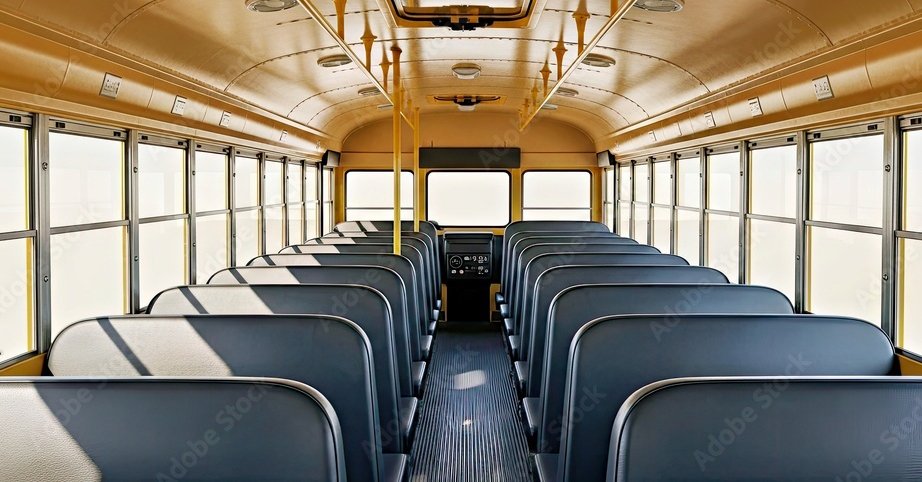School Rules
We mounted the bus as we always did, sliding into our assigned places. Seating was stratified, the farther back, the more superior one’s status. I was usually able to get pretty far back, but not so far back as to be anywhere near the ninth-grade girls. In a proximate location, I was far enough away from the uncool kids, able to talk with the cool kids over the back of my seat, but still far enough away not to have to engage directly with Beth, or her friend Pam, whose bright blue eyes and bob cut reminiscent of Natalie Wood, kept me up at all hours of the night.
As we pulled away from the stop, I looked past the rear seats, past the exchanges of the older kids engaging so effortlessly with these angelic vixens, and noticed a commotion. It was Mike, whom I hadn’t noticed missing at the bus stop this morning, waving back at us from a stolen car, right behind the bus. This was not the first such occurrence, and it was not always Mike. Such feats were common. Later, it would be street racing and the challenges of Dead Man’s Curve. But this was junior high school, and stealing cars in broad daylight, behind the school bus, was a bridge too far, as the nervous grin on Mike’s face revealed.
School was an intermission between the drama of the morning bus ride and late afternoon delinquency. This could be chasing or being chased by kids from other neighborhoods, rumbles on the football field with kids from other towns, shoplifting, fistfights, or break-ins. Today, it was throwing snowballs at police cars from a hill high above the street, and then later, from the sidewalk, as traffic moved slowly by in the snow. A police car suddenly stopped. A rookie jumped out. It was something we hadn’t anticipated. Most cops, we assumed, would be too lazy to leave their warm cars. We ran across the bridge to the Dorchester side, out of his jurisdiction, we hoped,
This was a potentially dangerous move, as the Dorchester kids often lay in wait for us. There were rumors of switchblades, pipes, and chains. The bridge was a boundary we rarely crossed, knowing our fun and games could come to a serious end. Our side was safe. A trolley ran along it, and in the summer, we would hop on the back, holding the guy wires, traveling to the next stop unseen. We could leave our shirts on the bank, climb out under the girders, and drop down into the river that had once served one of the earliest grist mills in New England. The mill eventually grew into a renowned chocolate factory under my family’s stewardship, though this was a fact I never mentioned, lest I be exposed as a poser. As we ran past the old cocoa bean silos into the dark, I thought about the shame of arrest, until miraculously, the rookie gave up.
My colleagues found this riotous. They were always being chased by the police. More often than not, the police officer was an uncle or a family friend. There would be a scolding and a later report to a beleaguered parent, but nothing serious. For me, the consequences were dire. While surviving in this world, I was also living a secret life, which would have mortified my father, and the shame of being caught was more than I could bear. So as the danger finally abated and my friends reveled in the general hilarity, I stood laughing nervously, knowing that I had lived to attend yet another day at school.
